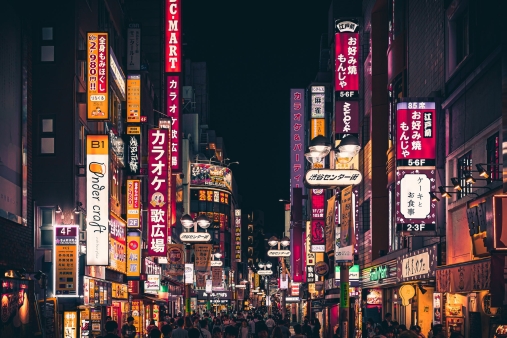
Default rates of credit card receivables in Japan to remain elevated
Annual default rates of credit card purchase rose to 6% in March from only 4.4% last year.
The default rates of credit card purchase and cash advance receivables in Japanese credit card asset-backed securities (ABS) are expected to remain elevated in the next several months as citizens face financial hardship amidst economic disruptions, reports Moody’s Investors Service.
Annualized default rates for credit card purchase and cash advance receivables in Japanese credit card ABS increased to 6% and 5.8% respectively in March, up from 4.4% and 4.2% a year earlier.
"We expect credit card ABS pool default rates to remain elevated for at least several months, though there shouldn't be large increases from March levels given originators' repurchase of problem loans," says Naomi Fujiwara, a Moody's vice president and senior analyst.
For credit card purchase receivables, new card holders will pose a higher risk than established card holders amidst the economic downturn triggered by the coronavirus outbreak. This is due to the fact that young card holders typically account for a meaningful share of new credit card accounts, and the younger age group typically has a larger share of part-time employees who are more likely to lose jobs and income because of the coronavirus disruptions.
In contrast, established card holders are likely to have proven their abilities to repay credit card debt over a long period, including stressed time, and are more resilient to economic shocks.
Meanwhile, people who use credit cards for cash advances are usually short of cash, making them financially vulnerable when the economy slows. Further, sole proprietors often use credit card advances for business purposes and around a quarter of them operate in the accommodation and food services industries—both sectors hit hard by coronavirus disruptions—further amplifying default risks, noted Fujiwara.
Photo courtesy of Pexels.com






















 Advertise
Advertise








